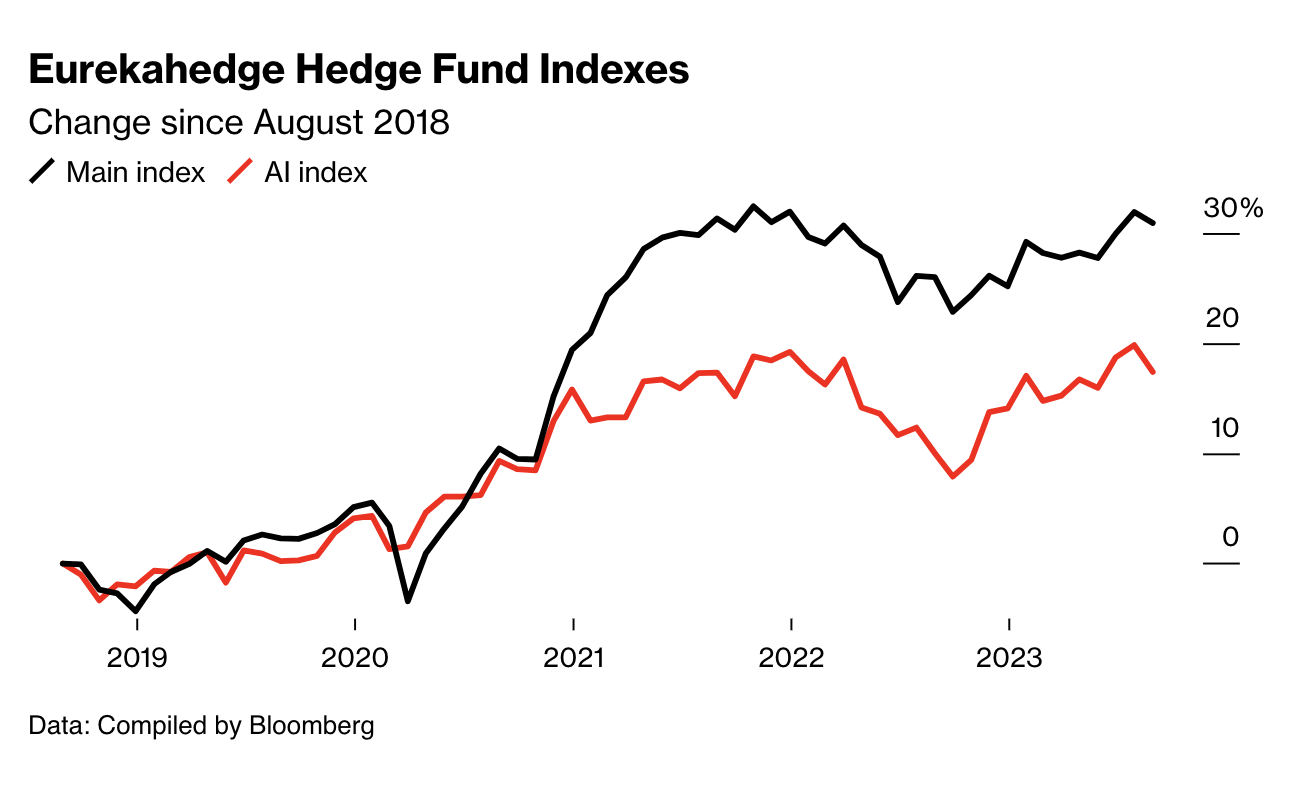Issue 153: Can Technology and Climate Coexist?
Welcome to Backstory, a weekly newsletter turning global technology shifts into a three-minute read. This week, we’re thinking about technology and the Earth. – Mary Ames, Director of Strategy
THE BIG TAKE
Can Technology and Climate Coexist?
As we get closer to COP28, we will continue to explore several issues related to the global climate emergency. It’s easy to fall back on the themes the world has been focused on for decades, like the rise in global temperatures and the need for renewable energy. However, we are more interested in exploring ideas that lay just beyond normal talking points. The explosion in artificial intelligence platforms and their seemingly endless need for computing power is one such issue that needs some additional exploration.
Power hungry. A story in the New York Times caught our attention last week. Reporting on a peer-reviewed analysis published this month, the Times found that the servers power artificial intelligence programs like ChatGPT could soon consume between 85 to 134 terawatt hours of electricity annually. Put in perspective, that’s about the amount of energy that Argentina, the Netherlands, and Sweden each use yearly, or about 0.5 percent of the world’s current electricity usage.
Knock-on effects. Innovative technologies increasingly require massive amounts of power. Blockchain projects and cryptocurrencies, for example, require incredible power resources to function. Given the computing power needed for AI, it’s no surprise that leading platforms like ChatGPT need energy. While the effects of this energy usage underline the need for clean energy sources to power these platforms, the stats also highlight how smaller nations could become beholden to larger ones with the resources to power data centers. We need to pay close attention to issues that speak to the intersection of equitable access to technological innovation and energy consumption.
QUOTE OF THE WEEK
“We never really grow up; we only learn how to act in public.”
– Bryan White, American songwriter
CHART OF THE WEEK
This week, we are thinking about artificial intelligence. Wall Street is betting big that AI can help beat the market, but so far, it’s not living up to this hope.
OUR VIEWS THIS WEEK
Economic horizons: Circular economies are rising. The idea of an economic model focused on reducing, reusing, recycling, and remanufacturing resources to ensure growth has transitioned from academic theory to a guiding ideology. This week, we took a deep dive into how circular economies operate and explore the benefits the model would have in Dubai. The potential upside is staggering.
Everyone is looking: Facial recognition technology is controversial and will likely stay that way for some time. That doesn’t change the fact that the industry is booming and expanding, particularly in North America. So it’s about time to address the concerns about facial recognition and make the necessary changes. This week, we took adeep dive into the debate about this powerful technology.
SPOTTED ELSEWHERE
Built to last. How are the pyramids still standing? Scientists aren’t exactly sure, but there is some movement on ancient Mayan temples. According to the AP, many scientists have been studying materials from long-ago eras — chipping off chunks of buildings, poring over historical texts, mixing up copycat recipes — hoping to uncover how they’ve held up for millennia. What these scientists discover could impact how buildings today are constructed.
Are the new weight-loss drugs dangerous? A new wave of weight-loss drugs has taken over the United States, promising results with few side effects. Drugs like Ozempic remove the desire to eat food, which results in dramatic weight loss. However, as the Washington Postsuggests, humans have evolved over millions of years to desire food. Nearly 7% of the US population is projected to be on weight-loss drugs in 2035. The long-term effects of removing that desire could have grave consequences.













